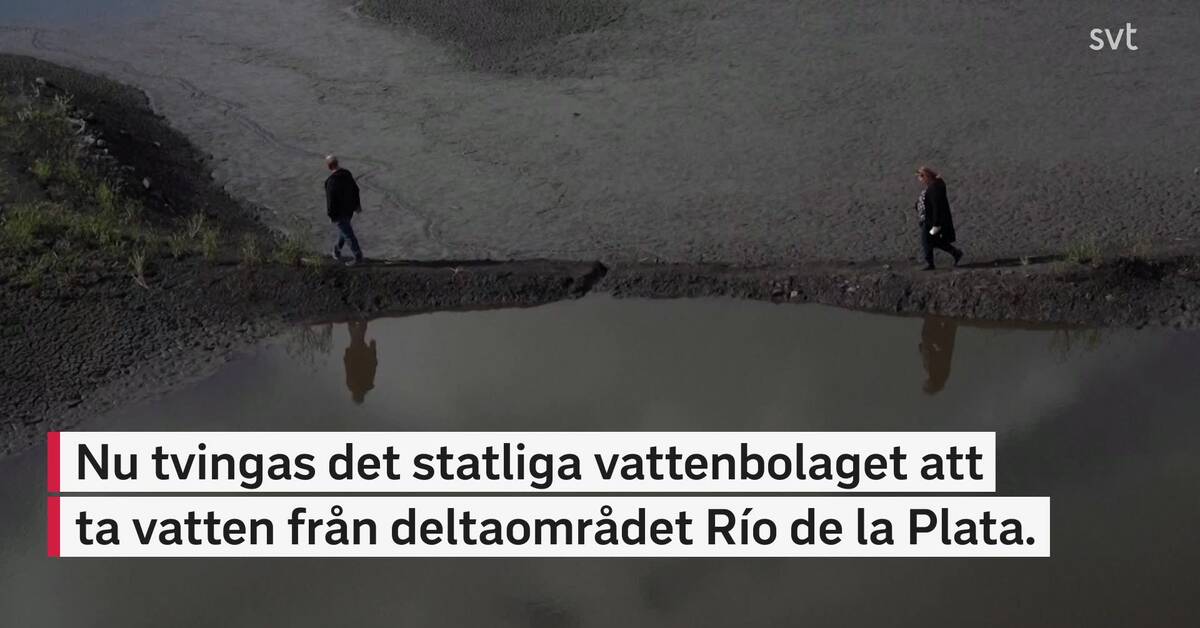In Uruguay's capital Montevideo, water reserves are estimated to last only a few more days. In the Paso Severino reservoir, which supplies more than half the country with drinking water, the water level is down to 5 percent of total capacity.
The hot weather and lack of rain have led to the government now being forced to take drastic measures.
The health requirements have now been changed and higher levels of chlorine and sodium are now allowed in drinking water. The permitted amount of sodium in drinking water is now 50 percent higher than what the World Health Organization (WHO) recommends, reports the Washington Post.
More salt water in the tap
The water shortage is the worst in 74 years, authorities said. To tackle the shortage, water has begun to be taken from the Río de la Plata delta area, where fresh water from the Uruguay River and the Praná River meets the salt water in the Atlantic Ocean.
The increased amount of salt poses a health risk to citizens who are sensitive. Some may even be prescribed bottled water, which is now in short supply, on prescription.
"People suffering from high blood pressure, kidney disease or a salt-restricted diet are advised to control their blood pressure, not to ignore their medical check-ups and drink bottled water if possible," said Uruguayan Minister of Public Health Karina Rando.
Has rained – but is not enough
Although it rained a little last week and there will be more later this week, it is far from enough.
According to the state water company Obras Sanitarias del Estado, it needs to rain at least 50 millimeters a day throughout June for reservoir levels to begin to recover.

